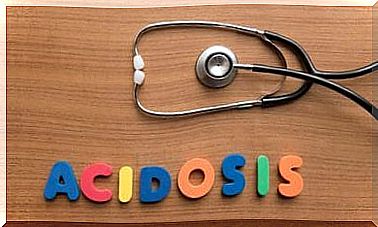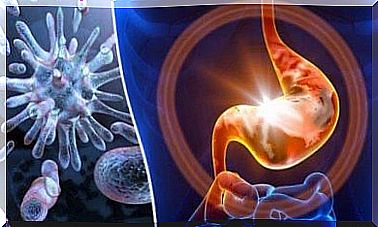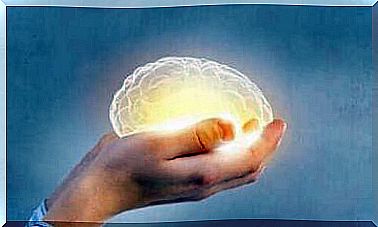Diabetes – Learn About The 8 Dominant Symptoms

Diabetes is a disorder that affects how your body uses glucose in your blood. Regardless of how it manifests itself in you, diabetes means it does not metabolize sugars properly.
Chronic diabetes includes types 1 and 2. There are other forms of diabetes that are usually reversible, such as pre-diabetes and gestational diabetes.
Glucose is a substance necessary for the proper functioning of the body. After all, it is the main source of energy for the cells that make up your muscles and tissues, including your brain.
If your body cannot process glucose properly, it can have serious negative consequences as it interferes with the functioning of other organs.
Since early diagnosis is key to successfully treating this disease, today we want to walk you through the first eight symptoms of diabetes to help you identify it.
Diabetes and its causes
Insulin is a substance produced by the pancreas and its primary function is to control the amount of glucose in the blood.

So far, there is no exact explanation of the cause of type 1 diabetes. It may be due to a malfunction in the immune system, which causes the insulin-producing cells in the pancreas to self-destruct.
Pre-diabetes and type 2 diabetes occur when cells become resistant to insulin and the pancreas cannot produce enough to counteract it.
Hormonal changes during pregnancy can make your body’s cells resistant to insulin. If your pancreas is unable to generate the required amount, blood glucose levels will increase and this will lead to gestational diabetes.
Initial symptoms of diabetes
Many of the early symptoms of diabetes can be confused with other conditions. For this reason, when you observe them, it is best to conduct appropriate medical examinations to confirm the diagnosis.
1. Excessive thirst
When glucose is not properly absorbed, the build-up of glucose in the blood can lead to dehydration.

This changes your normal saliva production and increases the feeling of thirst.
2. Frequent urination
People with diabetes feel the need to urinate more often because their kidneys work harder to filter the excess sugar out of the bloodstream.
This reduces the ability to break down toxins and can cause other difficulties in the functioning of the urinary system.
3. Sleep disturbances
Patients who fail to control their blood glucose levels on time may suffer from chronic sleep disorders. Type 2 diabetes is usually accompanied by insomnia or some kind of disturbance during rest.
4. Slow healing
One of the main symptoms of diabetes is ulcers or skin lesions that take a long time to heal or do not heal at all.

5. Urinary tract infections
If your body loses its ability to metabolize blood glucose, your immune system becomes weak. In addition to its negative effects on the kidneys, it also increases your susceptibility to urinary tract infections.
6. Foot problems
Patients with diabetes should pay special attention to the condition of their feet. Circulation problems, fluid retention, and a variety of other symptoms can occur in this part of the body, causing long-term negative effects on the body.
7. Blurred vision
Dehydration from high blood sugar can affect your eye health.

Blood vessels are often damaged and blurred vision can occur.
8. Dry skin
When you develop type 2 diabetes, it can cause circulation problems that affect your skin. Therefore, patients often suffer from skin dryness or loss of firmness.
How is diabetes mellitus diagnosed?
If you suspect you may have diabetes, see your doctor as soon as possible. A prompt diagnosis increases the likelihood that treatment will be able to reduce the negative effects of diabetes on the body.
Your doctor may suggest one of the following tests to confirm or rule out diabetes:
- Glycated hemoglobin (HbA1C indicator). This analysis provides information on the average blood glucose concentration in the 120 days preceding the test.
- Random blood glucose testing.
- Fasting blood glucose test.
- Oral glucose load test.
Once your diagnosis is confirmed, you must commit to a complete lifestyle change. Together with the medications prescribed by your doctor, this will help you improve your quality of life.









